Proudly Serving The Scottsdale, AZ Area
Why Your Shower Takes Forever to Get Hot and How to Fix It

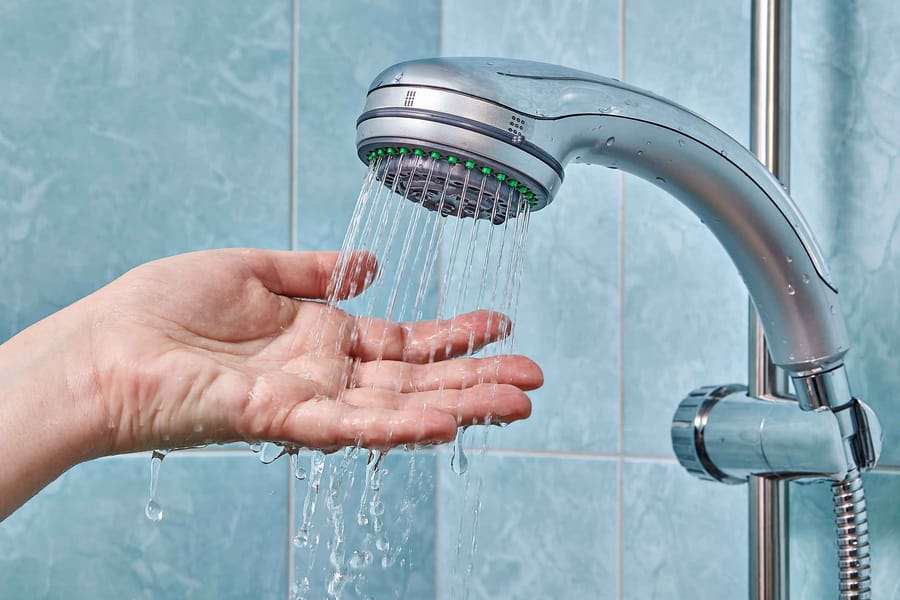
Why Your Shower Takes Forever to Get Hot and How to Fix It
Few things are more frustrating than turning on your shower and waiting minutes for hot water to arrive. Not only does it waste time, but it also wastes gallons of water and drives up your utility bills. When it takes forever for hot water to reach your bathroom, it’s usually a sign that something in your plumbing or water heating system isn’t working as efficiently as it should.
The good news is that slow hot water isn’t always a major problem. It’s often caused by common issues like long pipe runs, sediment buildup, or an aging water heater. With a few adjustments or professional maintenance, you can enjoy faster hot water and improved energy efficiency.
In this blog, Zest Plumbing & Drain explains the most common reasons your shower takes too long to heat up, how to fix them, and when to call in a professional for help.
Understanding How Your Water Heating System Works
To understand why your shower takes so long to get hot, it helps to know how your water heating system operates. Hot water doesn’t appear instantly. It travels from your water heater through a network of pipes before reaching your shower. Any inefficiency or design issue along that path can slow the process.
The Role of Your Water Heater
Your water heater stores or produces hot water, depending on whether you have a tank or tankless model. When you turn on the shower, cold water in the pipes must first flow out before hot water arrives. The farther your bathroom is from the heater, the longer that wait time will be.
How Plumbing Design Affects Heat Delivery
Homes with long pipe runs or older plumbing systems naturally experience slower hot water delivery. If your pipes aren’t insulated, heat can also dissipate as the water travels, making the water cool down before it even reaches the faucet.
Tank vs. Tankless Efficiency
Traditional tank water heaters can take longer to deliver hot water if the tank is cooling between cycles, while tankless systems heat water on demand but may delay flow if they’re undersized or incorrectly installed.
Why Age and Maintenance Matter
Sediment buildup, outdated equipment, and failing valves all reduce efficiency. Over time, your water heater may take longer to heat water or struggle to maintain consistent temperatures.
Common Reasons for Delayed Hot Water
There are several reasons why your shower might take too long to heat up. Some are simple, like the distance between your water heater and the bathroom, while others involve more complex mechanical or maintenance issues. Understanding these causes can help you pinpoint the best solution for your home.
Sediment Buildup in the Water Heater
Over time, minerals from hard water settle at the bottom of your water heater tank. This buildup acts as insulation, making it harder for the heating element or burner to warm the water efficiently. The result is longer wait times and inconsistent temperatures.
Long Plumbing Runs or Uninsulated Pipes
If your shower is far from the water heater, it takes longer for the hot water to travel through the pipes. When those pipes aren’t insulated, the water loses heat along the way, meaning it takes even longer to reach your desired temperature.
Aging or Undersized Water Heater
Older water heaters naturally become less efficient over time. If your system is more than 10 years old or too small for your household’s needs, it may not be able to produce or deliver enough hot water quickly.
Faulty Mixing or Check Valves
Sometimes, the problem isn’t with the heater itself but with the valves that control water flow. A failing mixing valve can allow cold water to mix into your hot line, cooling the temperature before it reaches the faucet.
Recirculation System Malfunction
Homes with a hot water recirculation system should have near-instant hot water. If the pump fails or the timer isn’t set correctly, hot water will take much longer to reach your shower.
Easy Homeowner Fixes to Try First
Before calling a plumber, there are a few simple steps you can take to improve how quickly your shower gets hot. Many slow-heating issues can be fixed with regular maintenance or small adjustments that boost your water heater’s efficiency.
Flush Your Water Heater Tank
If you have a traditional tank water heater, flushing it once or twice a year helps remove sediment buildup. Connect a garden hose to the drain valve, empty the tank, and then refill it. This simple task improves heating efficiency and restores consistent water temperature.
Check and Adjust the Temperature Setting
Most water heaters are set between 120°F and 140°F. If your water isn’t getting hot enough or takes too long, try increasing the temperature slightly. Be cautious, though. Temperatures above 140°F can cause scalding and increase energy use.
Insulate Hot Water Pipes
Adding inexpensive foam insulation around hot water pipes helps retain heat as it travels through your home. This can reduce wait times and keep water warmer once it reaches your shower.
Inspect Recirculation System Settings
If your home has a hot water recirculation pump, make sure the timer or sensor is working correctly. Many systems are programmable and can be set to circulate water only during peak use hours for faster performance and energy savings.
Check for Leaks or Drips
Even small leaks in your plumbing system can cause pressure changes that affect how quickly hot water travels through the pipes. Look for signs of moisture near your water heater or along visible pipes.
When to Call a Professional Plumber
If you’ve tried basic fixes and your shower still takes too long to heat up, it’s time to call a professional. Persistent hot water delays often signal deeper issues that require specialized tools and experience to diagnose and repair.
Your Water Heater Is Old or Inefficient
Water heaters typically last 8 to 12 years. If yours is nearing the end of its lifespan, slow heating could be a sign that it’s losing efficiency or struggling to meet your household’s demand. A licensed plumber can inspect your unit and recommend whether repair or replacement is the best option.
You Suspect Plumbing Design Problems
Older homes or remodels with extended plumbing runs can cause significant heat loss between the water heater and the shower. Professionals can evaluate your plumbing layout and suggest solutions such as pipe insulation or a hot water recirculation system.
You Notice Pressure or Temperature Fluctuations
If the water temperature changes dramatically during use, or if you experience weak flow from your shower, there may be an issue with your valves, mixing system, or even sediment buildup in the lines. These problems require professional cleaning or replacement to fix correctly.
You Want Faster, More Efficient Hot Water
Plumbers can install recirculation pumps, upgrade to tankless water heaters, or improve insulation to deliver near-instant hot water to every fixture in your home. These upgrades not only improve comfort but also save energy and reduce waste.
Preventing Future Hot Water Delays
Once your shower’s hot water problem is fixed, a few smart maintenance habits and system upgrades can help prevent the issue from returning. Keeping your plumbing and water heater in top shape ensures consistent comfort and efficiency year-round.
Schedule Annual Water Heater Maintenance
Having your water heater serviced once a year keeps it running at peak efficiency. A professional plumber can flush the tank, check for sediment buildup, inspect the heating elements, and ensure all components are working properly.
Insulate Pipes and the Water Heater
Insulating both your hot water pipes and the water heater tank helps reduce heat loss and keeps water hotter as it travels through your home. It’s an affordable upgrade that improves energy efficiency and shortens wait times.
Install a Hot Water Recirculation System
If your home has long plumbing runs, a recirculation pump can deliver near-instant hot water by continuously moving water through the lines. These systems save time, water, and energy, especially in larger homes or multi-story layouts.
Upgrade to a Tankless Water Heater
Tankless models heat water on demand, eliminating standby heat loss and providing endless hot water whenever you need it. If your current unit is aging or undersized, upgrading can be a smart investment in long-term performance and efficiency.
Monitor Water Pressure and Temperature
Fluctuations in pressure or temperature may indicate hidden plumbing issues. Keep an eye on these factors and contact a professional if you notice changes, as they often point to leaks, scaling, or failing valves.
Get Faster, More Reliable Hot Water with Zest Plumbing & Drain
Waiting for your shower to heat up shouldn’t be a daily frustration. Whether the cause is sediment buildup, long plumbing runs, or an aging water heater, addressing the problem early can save you time, water, and money. Regular maintenance, proper insulation, and professional service are key to ensuring your system delivers hot water quickly and efficiently.
By working with an experienced plumber, you can uncover the exact reason for your slow hot water and find the right solution, whether it’s a simple fix or an upgraded system.
For expert water heater service, inspections, and fast plumbing solutions, contact Zest Plumbing & Drain. We help homeowners enjoy instant comfort, better efficiency, and reliable hot water throughout the home.
Recent News
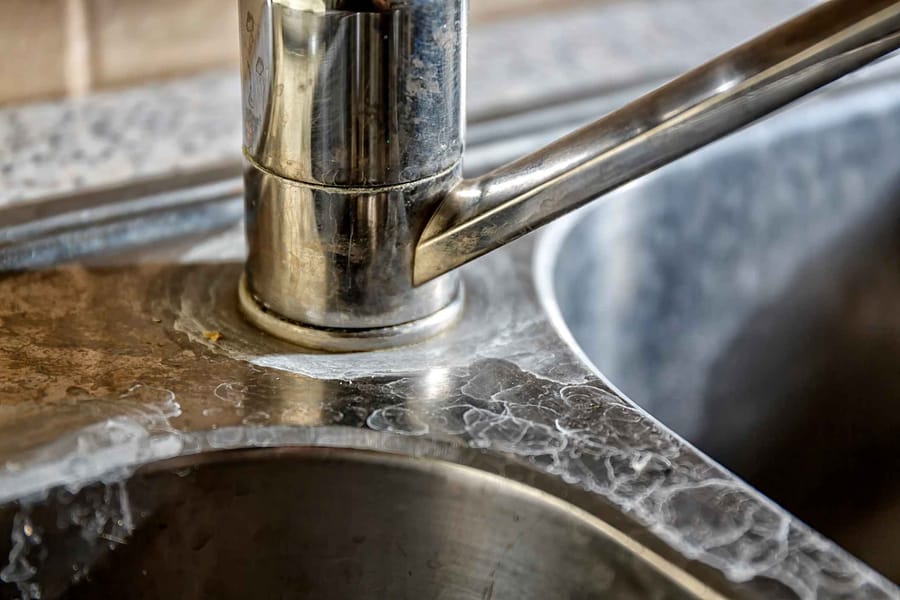
How Arizona’s Hard Water Damages Your Plumbing Over Time
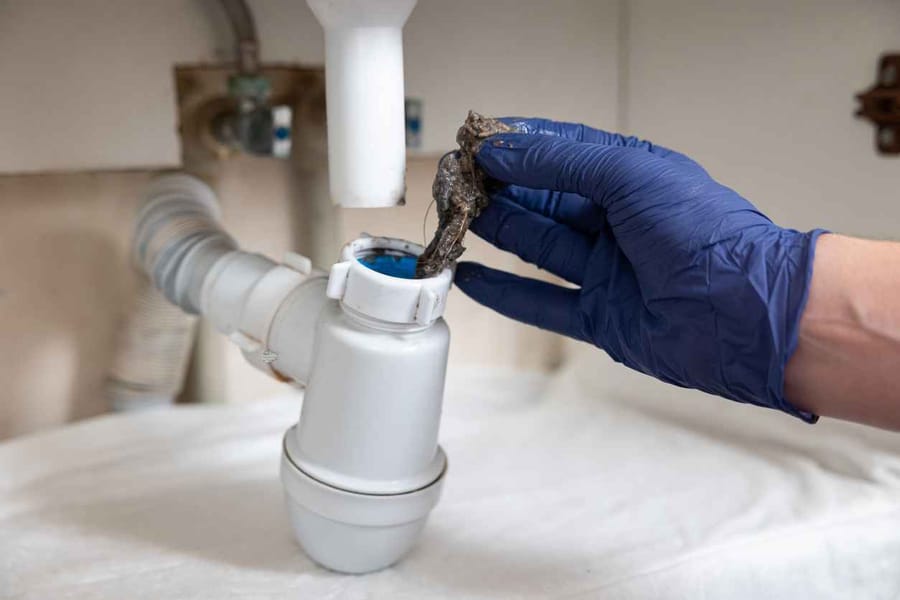
Top 5 Signs You Need a Drain Cleaning in Arizona (Before It Becomes an Emergency)
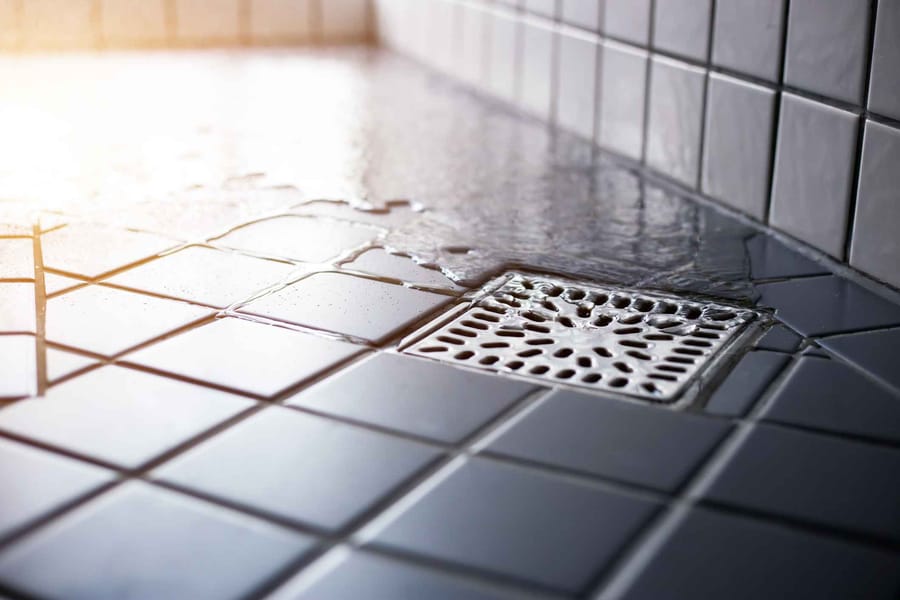
The Bathroom Drain Inspection Blueprint: What Every Homeowner Needs to Know
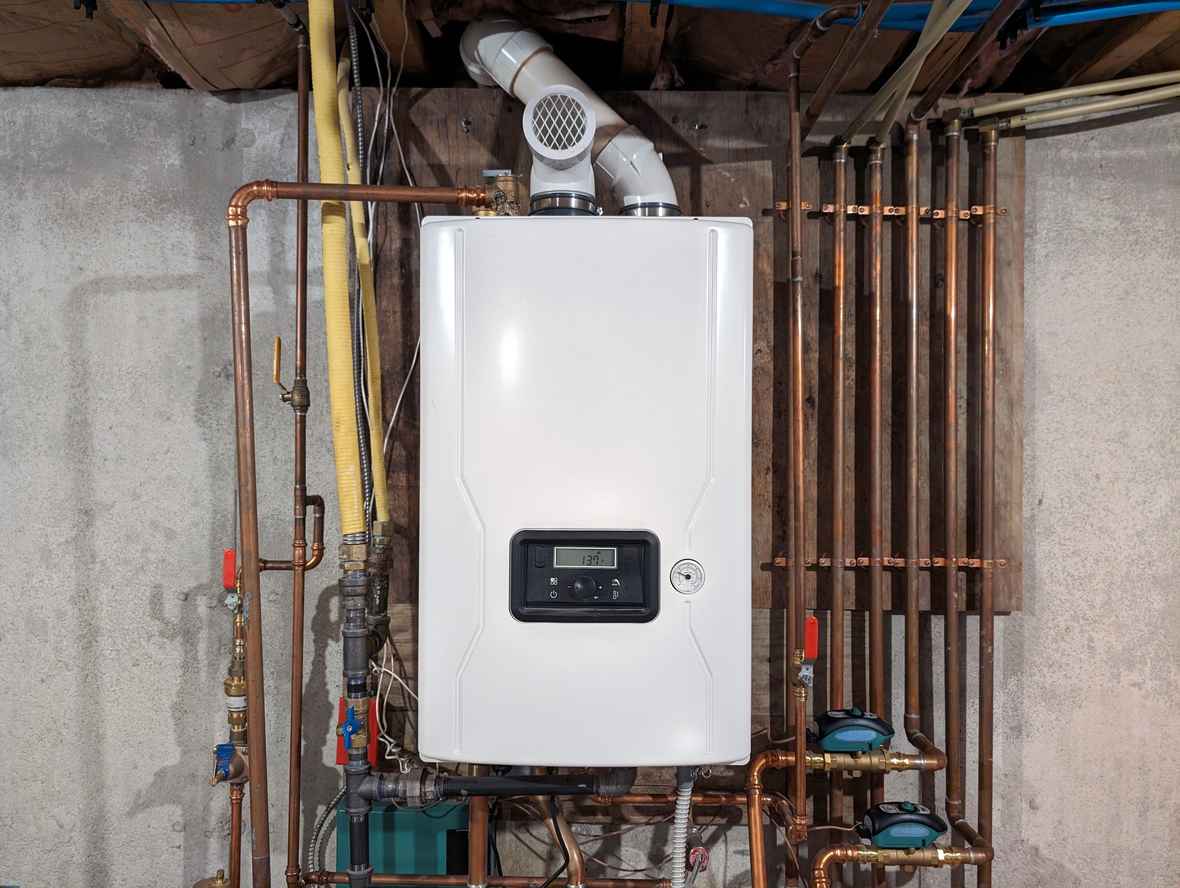
Choosing the Right Water Heater: Tankless vs. Storage for Your Scottsdale Home
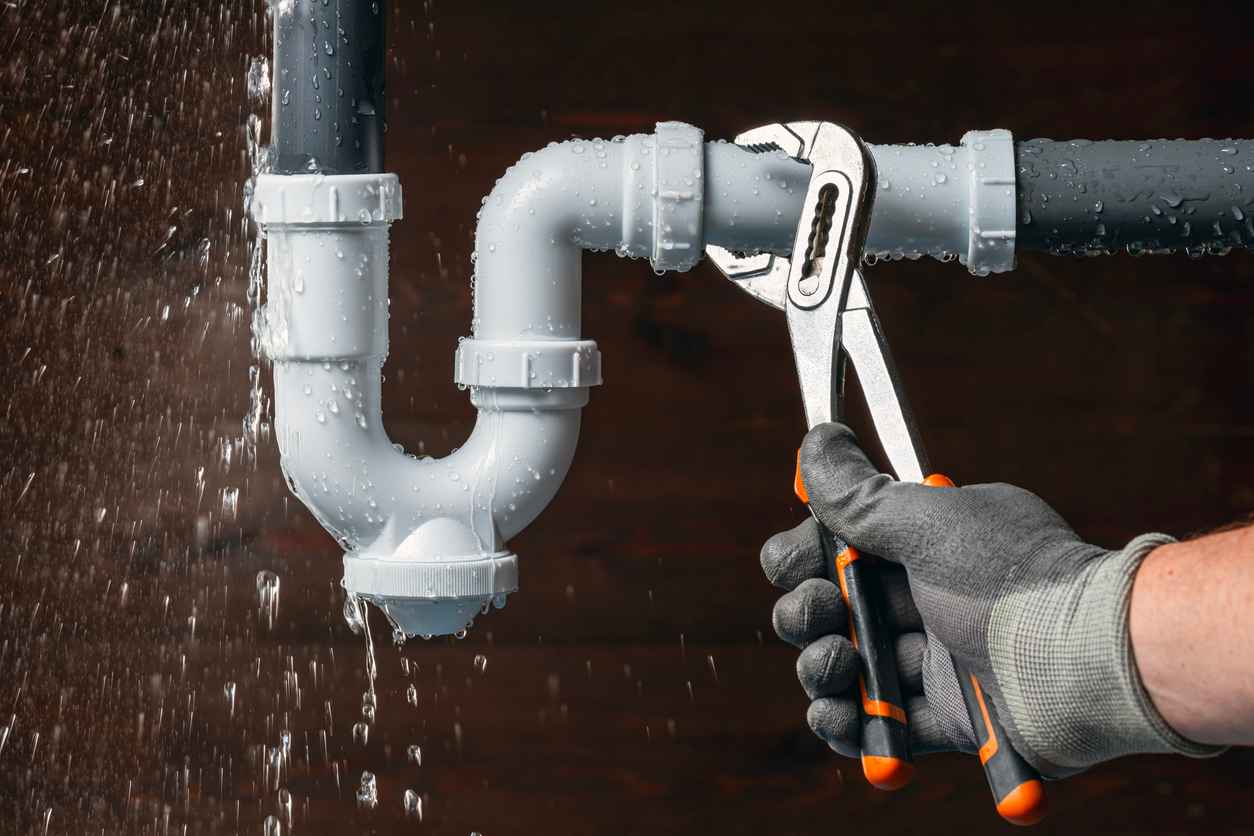
Seasonal Plumbing Maintenance Schedule for the Arizona Climate
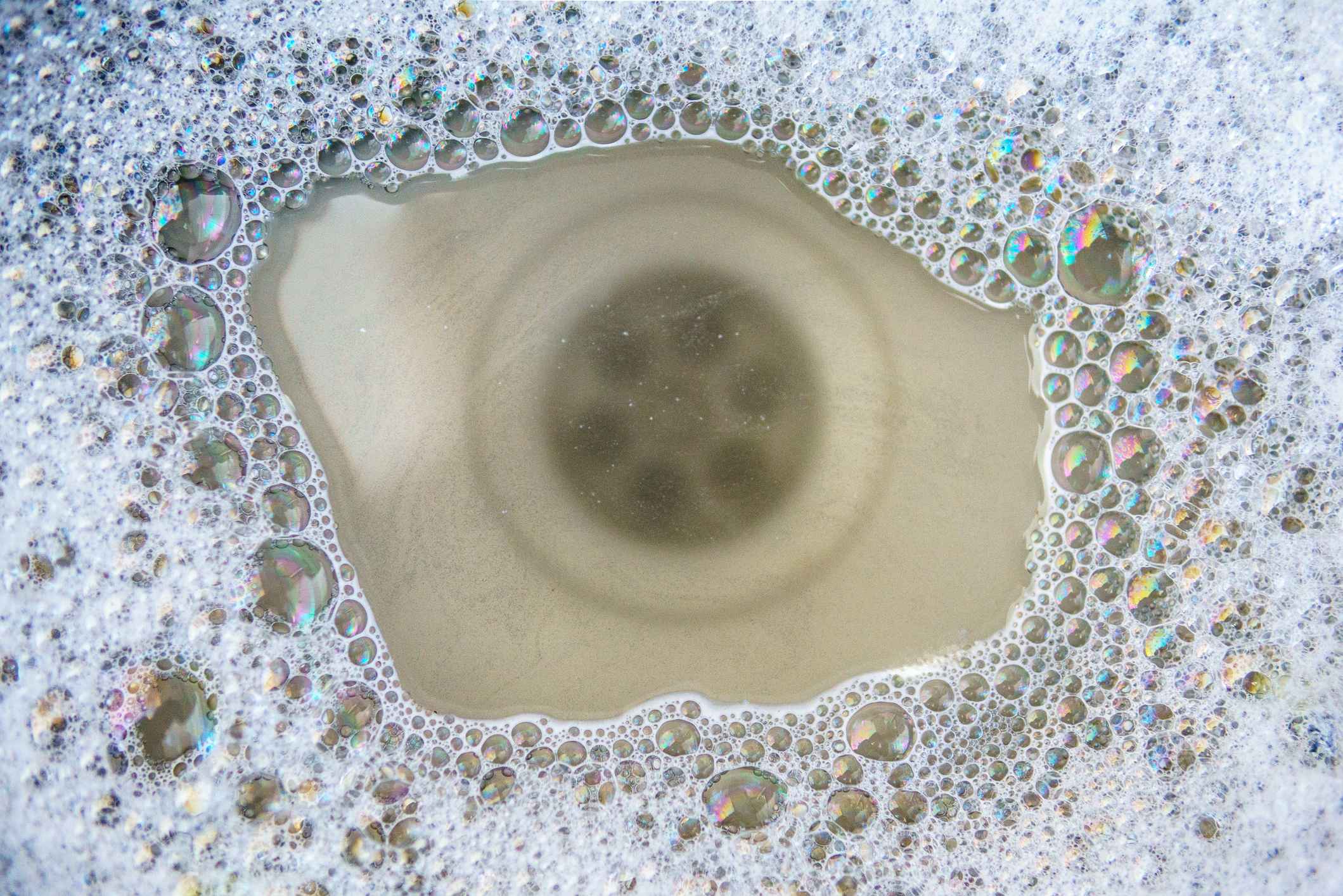
Signs of a Clogged Drain
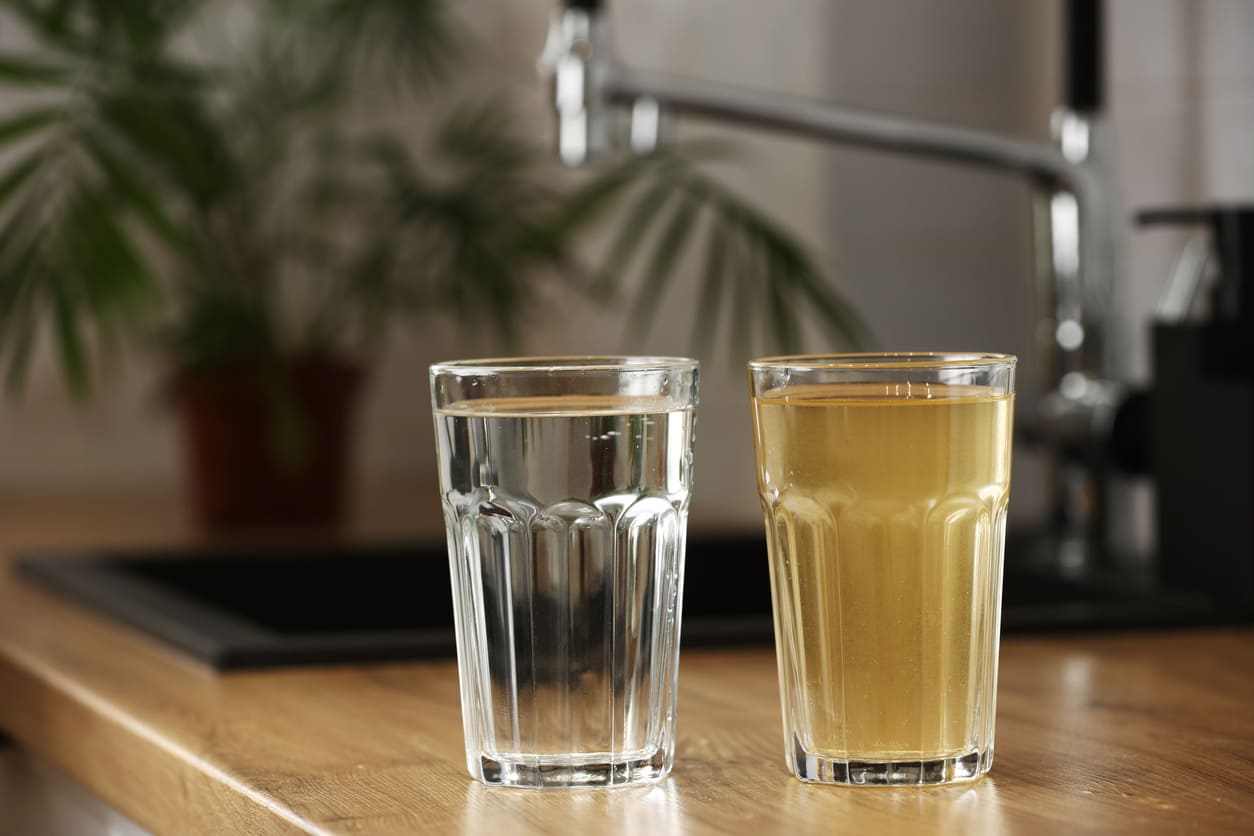
How to Filter Water?
Get in Touch

